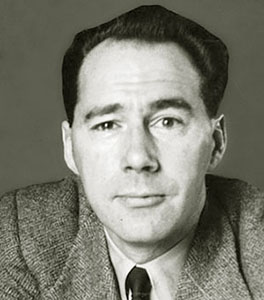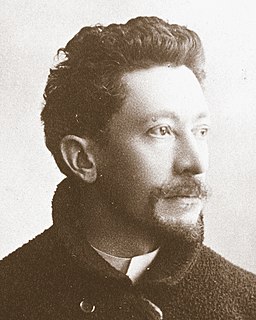A Quote by Vladimir Nabokov
Toska - noun /?t?-sk?/ - Russian word roughly translated as sadness, melancholia, lugubriousness. "No single word in English renders all the shades of toska. At its deepest and most painful, it is a sensation of great spiritual anguish, often without any specific cause. At less morbid levels it is a dull ache of the soul, a longing with nothing to long for, a sick pining, a vague restlessness, mental throes, yearning. In particular cases it may be the desire for somebody of something specific, nostalgia, love-sickness. At the lowest level it grades into ennui, boredom.
Quote Topics
Ache
Anguish
Any
Boredom
Cases
Cause
Deepest
Desire
Dull
English
Ennui
Grades
Great
Great Spirit
Great Spiritual
Less
Level
Levels
Long
Longing
Love
Lowest
May
Mental
Morbid
Most
Nostalgia
Nothing
Noun
Often
Painful
Particular
Pining
Restlessness
Roughly
Russian
Sadness
Sensation
Shades
Sick
Sickness
Single
Single Word
Somebody
Something
Soul
Specific
Spiritual
Translated
Vague
Without
Word
Yearning
Related Quotes
Without the power of intelligence there is no capacity for spiritual knowledge; and without spiritual knowledge we cannot have the faith from which springs that hope whereby we grasp things of the future as though they were present. Without the power of desire there is no longing, and so no love, which is the issue of longing; for the property of desire is to love something. And without the incensive power, intensifying the desire for union with what is loved, there can be no peace, for peace is truly the complete and undisturbed possession of what is desired.
Reality is contradictory. And it's paradoxical. If there's any one word -- if you had to pick one word to describe the nature of the universe -- I think that word would be paradox. That's true at the subatomic level, right through sociological, psychological, philosophical levels on up to cosmic levels.
True values entail suffering. That’s the way we think. All in all, we tend to view melancholia as more true. We prefer music and art to contain a touch of melancholia. So melancholia in itself is a value. Unhappy and unrequited love is more romantic than happy love. For we don’t think that’s completely real, do we?…Longing is true. It may be that there’s no truth at all to long for, but the longing itself is true. Just like pain is true. We feel it inside. It’s part of our reality.
You will hear people say the C-word. Except, it's a regional language: in British English, c - t has much less of an inflammatory sense than it does in North American English. You can hear someone on British TV called "a c - ting monkey" or a man being called a c - t. The particular fascination of profanity is how culturally specific it is and how it evolves.
So you're in love with her?' she went on. A word again ... When the minds have learnt to mingle, when no thought is wholly one's own, and each has taken too much of the other ever to be entirely himself alone; when one has reached the beginning of seeing with a single eye, loving with a single heart, enjoying with a single joy; when there can be moments of identity and nothing is separate save bodies that long for one another ... When there is that, where is the word? There is only the inadequacy of the word that exists. 'We love one another,' I said.
Some people ask, 'Why the word 'feminist'? Why not just say you are a believer in human rights, or something like that?' Because that would be dishonest. Feminism is, of course, part of human rights in general - but to choose to use the vague expression 'human rights' is to deny the specific and particular problem of gender.
The feelings that hurt most, the emotions that sting most, are those that are absurd - The longing for impossible things, precisely because they are impossible; nostalgia for what never was; the desire for what could have been; regret over not being someone else; dissatisfaction with the world’s existence. All these half-tones of the soul’s consciousness create in us a painful landscape, an eternal sunset of what we are.







































